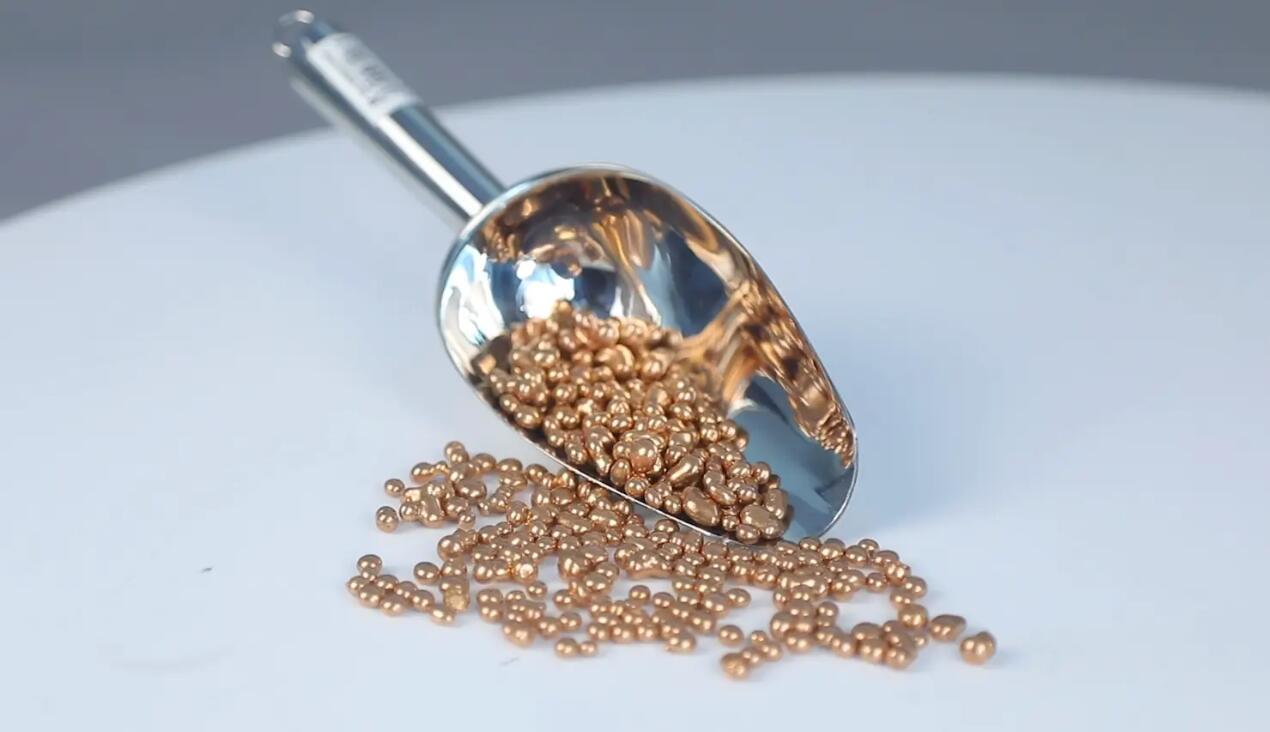Both the metal granulator and the bead spreader are the same product, both used to produce precious metal particles. Small particle metals are generally used in metal processing for alloy patching, evaporative materials, or laboratory research and development of new materials. Small particle metals can also be said to have a huge market in China.
There are generally two types of precious metal bead spreaders (granulators) on the market, namely vacuum pressurized bead spreaders and ordinary bead spreaders. Both types of granulators are suitable for forming metals such as gold, K-gold, silver, copper, and alloys. But manufacturers on the market usually choose the former – vacuum pressure bead spreader for process production. Why is this?
Firstly, from the perspective of equipment principle, ordinary granulators use blockage or self flow granulators, relying on natural gravity to make the metal liquid flow into the water tank for molding. Generally, the particles cast are not round enough and may not be uniform.
The vacuum granulator uses inert gas protection to melt metal, and after the melting is completed, the metal liquid is poured into the water tank under the pressure of the upper and lower chambers. In this way, the metal particles we obtain are more uniform and have better roundness.
Secondly, due to the protection of inert gas, the vacuum granulator conducts particle casting on the metal while completely isolating the air. Therefore, the surface of the particles cast is smooth, without oxidation or shrinkage, and the glossiness is also extremely high
Post time: Mar-18-2024












